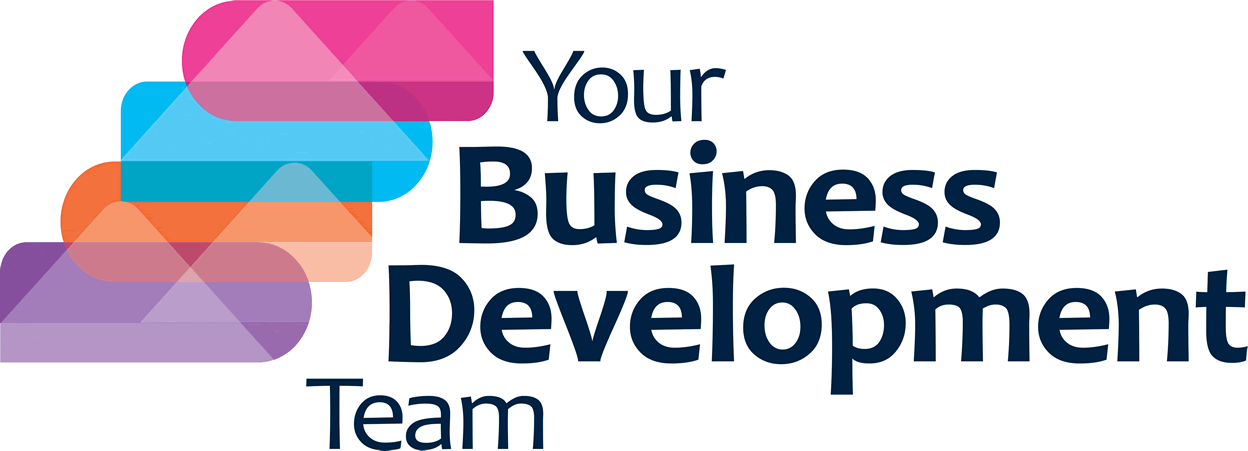We recently asked a carpenter to make us some shelves for our kitchen. In the process of discussing our requirements, we went from having a few shelves for our cook books to having a floor to ceiling unit in the corner of our kitchen. That took some careful measurements and calculations then off he went to make our unit.
Some time passed and he came back to take some final measurements. It was Monday morning and I had about a million things to think about but it was then that I was asked to make a choice between a corner unit or a straight forward shelving unit. What I should have done was to ask him to leave it with me so we could discuss it but instead I felt compelled to make a choice there and then. I chose a corner unit, which came out completely the wrong shape and size for our kitchen. Not a good outcome; luckily it sorts of fits in our living room.
At this stage, I think it’s important to mention that there is never just one choice. However, if you need to make one, here is what I learned:
- Immediate choices are not a must. Some things are better off being carefully considered.
- Making the right choice takes specific skill and knowledge. Sometimes it’s wise to involve other people who are better placed to make a particular decision.
Your business development strategy, just like many other elements, involves making choices. In order to make it work for your company, you need to consider a variety of things, such as:
- Who are you targeting?
- In what order?
- What is their key issue?
- How can you solve it?
Once you are clear on the above, you can work out what tactics to use to better connect with your target markets. At this stage, your choice should be based on where your target markets search for helpful information. This will almost certainly not be based on one tactic, or platform but rather on a variety of tools which fit together.
Simple, right? WRONG! Doing this right takes some skill and research. It might take some time to put together and you might have to ask an expert. But done correctly, it will work much better than applying the latest craze which everyone is talking about.
Our Big Ticked Lead Generation system was designed to provide a means which may be right for you if you operate in the B2B market and have a complicated, long sales process. Check our website for more details or give us a call to discuss further.



